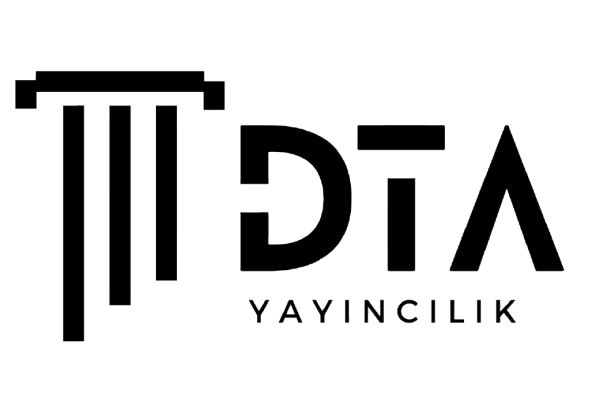
- Anasayfa
- Kategoriler
- Yazarlar
- Hizmetlerimiz
- Akademik Faaliyetler
- Hakkımızda
- İletişim
- Giriş Yap
- Sepet: (0 TL)

| Yazar: | Dr. Kayhan Bayram |
| Eser Türü: | Basılı |
| Yayıncı: | DTA Yayıncılık |
| Yayın Tarihi: | 07/11/2025 |
| Kategori: | Din Bilimleri |
| Sayfa Sayısı: | 272 |
| Dil: | Türkçe |
| Kapak: | Karton |
| Boyut: | 13.5 x 21 cm |
| ISBN: | 978-625-5959-55-3 |
Elinizdeki kitap başlığıyla bile okuyucuyu heyecanlandıran bir kitaptır. Son yıllarda toplumsal çözücü birçok faktörle bütünleşme sıkıntısı çeken Türk toplumunda da dinin bütünleştirici rolü inkâr edilemez bir gerçektir. Bu yönüyle çalışma genel okuyucunun bir hayli dikkatini çekeceği kuşkusuzdur. Kitap sosyal bütünleşme konusunu ayrıntılı bir biçimde ele alırken, bu olgunun kavramsal içeriğinin yanında var olan türlerini temsilcileriyle birlikte meraklıların istifadesine sunmaktadır. Kitap bunu yaparken sosyal bütünleşme konusunun toplum nezdindeki hayati rolüne ülkemiz çerçevesinde ele almasının yanı sıra dünyadan ve bölgesel tespitlerle çarpıcı vurgular yapmaktadır. Bu amaçla sosyal bütünleşme ve din teorileri konusunda geliştirilen Klasik, Çağdaş ve Ülkemiz sosyologlarının yaklaşımlarına (teorilerine) yer vermektedir. Bu yönüyle kitap, yalnızca akademik literatüre değerli bir katkı sunmakla kalmayıp aynı zamanda günümüz toplumlarının karşı karşıya bulunduğu kimlik, aidiyet ve çözülme sorunlarına dair önemli açılımlar da ortaya koymaktadır. Elinizdeki bu çalışma, sosyal bilimler literatüründe hem teorik hem de pratik boyutlarıyla dikkate değer bir boşluğu dolduracak niteliktedir. Bu yönüyle eserin din sosyolojisi alanında araştırma yapan akademisyenler, sosyal bilim öğrencileri ve toplumsal meselelerle ilgilenen tüm okurlar için önemli bir başvuru kaynağı olacaktır.
The book you hold in your hands is one that excites the reader by its very title. In recent years, within Turkish society—where numerous social disintegrating factors have led to challenges in achieving cohesion—the unifying role of religion remains an undeniable reality. In this respect, the work is certain to attract significant attention from the general readership. While the book examines the issue of social integration in detail, it not only presents the conceptual framework of this phenomenon but also introduces its various forms along with their representatives, thereby providing valuable insights for interested readers. In doing so, the author addresses the vital role of social integration within the societal context of Turkey, while also drawing on global and regional observations that offer striking points of comparison. To this end, the study incorporates the theoretical perspectives developed by classical, contemporary, and Turkish sociologists concerning social integration and religion. In this regard, the book not only makes a valuable contribution to the academic literature but also offers significant perspectives on the pressing issues of identity, belonging, and social fragmentation faced by modern societies. Ultimately, this work fills a notable gap in the social sciences literature, both in its theoretical depth and practical implications. Thus, it stands as an essential reference for scholars engaged in the sociology of religion, students of the social sciences, and all readers interested in the dynamics of contemporary social life.
Sosyal Bütünleşme, Din, Teori, Ötekileştirme, Akültürasyon
Social Integration, Religion, Theory, Othering, Acculturation